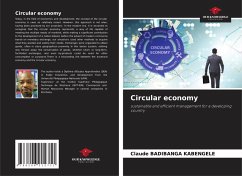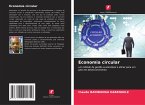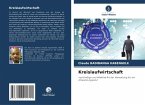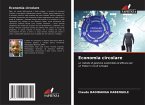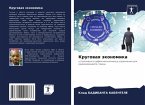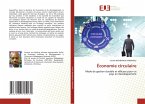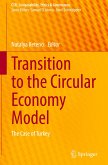Today, in the field of economics and development, the concept of the circular economy is seen as relatively recent. However, this approach is not alien, having been practiced by our ancestors. In the modern era, it is essential to recognize that the circular economy represents a way of life capable of meeting the multiple needs of mankind, while making a significant contribution to the development of a nation.Indeed, before the advent of modern commerce based on monetary exchange, our ancestors used other methods to acquire what they wanted and satisfy their needs. Exchanges were organized to obtain goods, often in close geographical proximity. In this barter system, nothing was thrown away: the conservation of goods, whether short- or long-term, facilitated exchanges, and even by-products could be used for other consumption or purposes.There is a fascinating link between the ancestral economy and the circular economy.
Bitte wählen Sie Ihr Anliegen aus.
Rechnungen
Retourenschein anfordern
Bestellstatus
Storno

